A strong online presence is essential for businesses in today’s digital landscape. A custom website design allows brands to create a tailored digital experience that reflects their identity, values, and business goals. Unlike generic templates, a personalized website ensures optimal functionality, scalability, and a seamless user experience. Businesses that invest in a custom website design gain a competitive advantage by enhancing their brand image, improving user engagement, and increasing conversions.
With a tailored design, businesses can incorporate branding elements, advanced features, and intuitive navigation that aligns with customer expectations. A custom website design also ensures that businesses stay flexible and adaptable as their needs evolve. Whether it’s an e-commerce platform, a corporate site, or a creative portfolio, a bespoke website offers limitless possibilities. In this guide, we’ll explore the benefits, essential elements, and strategies to optimize a custom website design for long-term success.
The Importance of Custom Website Design
A custom website design provides businesses with a digital asset that sets them apart from competitors. When a company opts for a template-based website, it risks blending in with thousands of others using the same design. A custom approach, however, creates a distinct, memorable online presence.
Brand consistency plays a key role in building trust and recognition among customers. A well-designed website integrates company colors, typography, and messaging, reinforcing brand identity. Additionally, businesses can tailor their site’s layout, content structure, and interactive elements to align with their target audience’s preferences.
User experience (UX) is another crucial factor. A custom website design ensures intuitive navigation, fast loading speeds, and mobile responsiveness, all of which contribute to a positive user experience. Search engines prioritize websites with excellent UX, which improves rankings and visibility. Furthermore, businesses can integrate customized functionalities such as e-commerce capabilities, customer portals, or interactive features that enhance engagement. A unique website not only attracts visitors but keeps them engaged, leading to higher conversion rates and customer retention.
Essential Elements of Custom Website Design
A successful custom website design incorporates key elements that optimize functionality, performance, and visual appeal. One critical component is responsive design. With mobile traffic surpassing desktop usage, ensuring that a website adapts seamlessly to different screen sizes is non-negotiable. A responsive design enhances accessibility and prevents usability issues that may drive visitors away.
Performance optimization is another essential element. A custom-built website is coded for efficiency, ensuring fast load times and smooth interactions. Users expect quick responses, and even a slight delay can increase bounce rates. By optimizing images, implementing caching techniques, and using lightweight code, businesses can enhance website speed and performance.
Search engine optimization (SEO) should also be integrated into the design process. A custom website allows businesses to incorporate on-page SEO elements such as optimized headings, metadata, and structured URLs. Additionally, custom-built sites provide greater control over site architecture, enabling better indexing and ranking potential. A visually appealing and functionally superior website backed by solid SEO ensures long-term digital success.
Custom Website vs. Template-Based Design
When considering website development, businesses often debate between custom website design and using pre-made templates. While templates offer convenience and affordability, they come with limitations that may hinder business growth and branding potential. A custom website design provides distinct advantages that outweigh the initial investment.
Customization is a primary advantage. Unlike templates, which come with preset layouts and features, custom websites offer complete control over design and functionality. Businesses can craft unique aesthetics, create tailored user experiences, and integrate specialized features that cater to their specific industry needs. This level of personalization results in a more impactful online presence.
Scalability is another key factor. Businesses evolve, and their digital platforms must adapt accordingly. A custom-built website allows for future growth, enabling seamless integration of new features, security updates, and performance optimizations. Conversely, template-based sites often have restricted customization options, limiting expansion opportunities. For businesses aiming for long-term digital success, a custom website design is a strategic investment that ensures flexibility, branding consistency, and competitive differentiation.

Optimizing User Experience with Custom Website Design
A superior custom website design prioritizes user experience by ensuring seamless navigation, accessibility, and interaction. One way to enhance UX is through intuitive navigation. A well-structured menu and logical page hierarchy make it easy for visitors to find information, reducing frustration and increasing engagement. Clear calls-to-action (CTAs) guide users toward desired actions, such as making a purchase, subscribing to a newsletter, or contacting customer support.
Website accessibility is also crucial. A custom website design considers diverse user needs, incorporating features like keyboard navigation, alt text for images, and screen reader compatibility. Making a site accessible to all users, including those with disabilities, expands audience reach and improves compliance with web accessibility standards.
Engaging visuals and interactive elements further enhance UX. High-quality images, videos, and animations create an immersive browsing experience. However, balance is key—overloading a website with excessive visuals can slow load times and detract from usability. A streamlined, well-optimized design improves user satisfaction and encourages return visits.
SEO Benefits of Custom Website Design
Search engine optimization (SEO) plays a significant role in ensuring a website’s visibility. A custom website design provides businesses with greater control over SEO elements, leading to improved rankings and organic traffic. One primary SEO advantage is technical optimization. Custom-built websites allow developers to implement clean, efficient code, enhancing crawlability and indexation by search engines.
Page speed optimization is another crucial factor. Google prioritizes fast-loading websites, rewarding them with better rankings. By minimizing unnecessary code, compressing images, and leveraging browser caching, businesses can ensure optimal site performance. A custom website design also allows for seamless URL structuring, improving readability and indexing.
Content optimization is equally important. With a custom-built website, businesses can strategically place keywords, optimize heading structures, and create engaging content that aligns with search intent. A well-structured site with relevant, high-quality content improves user engagement, reducing bounce rates and increasing dwell time. Combined with strong technical SEO foundations, a custom website design significantly enhances online discoverability.
Security and Performance in Custom Website Design
Cybersecurity is a growing concern for businesses operating in the digital space. A custom website design offers superior security compared to off-the-shelf templates, which may contain vulnerabilities due to widespread use. Custom-built websites are designed with security best practices, including SSL encryption, secure login authentication, and regular security updates.
Website performance is equally critical. A slow, unreliable website can deter visitors and negatively impact search rankings. Custom-built sites optimize performance through efficient coding, caching mechanisms, and content delivery networks (CDNs). Ensuring a smooth and secure user experience builds trust and credibility, encouraging customer loyalty.
Businesses handling sensitive customer data must prioritize security in their custom website design strategy. Implementing advanced security features, such as two-factor authentication and data encryption, reduces the risk of cyber threats. A well-secured website protects business assets and enhances customer confidence, fostering long-term relationships and business growth.
Frequently Asked Questions
How long does it take to develop a custom website design? The timeline for a custom website design varies depending on project complexity, features, and revisions. On average, a fully custom website may take 8-16 weeks from initial planning to launch.
Is a custom website design more expensive than using a template? Yes, a custom website design generally costs more than template-based solutions due to the level of personalization, coding, and development work required. However, the long-term benefits outweigh the initial investment.
Can a custom website be optimized for SEO? Absolutely. A custom website design allows for advanced SEO optimization, including technical improvements, keyword placement, and content structuring to improve search engine rankings.
Do I need ongoing maintenance for a custom website? Yes, regular maintenance ensures that your custom website design remains secure, up-to-date, and optimized for performance. Updates, security patches, and performance enhancements are essential for long-term success.
Conclusion
A custom website design is a valuable investment for businesses looking to establish a strong digital presence, improve user experience, and optimize for SEO. Unlike generic templates, a tailored website provides branding consistency, advanced functionality, and scalability. By prioritizing security, performance, and accessibility, businesses can ensure long-term success in an increasingly competitive online landscape. Investing in a custom website design is not just about aesthetics—it’s about creating a powerful digital asset that drives growth, engagement, and conversions.

